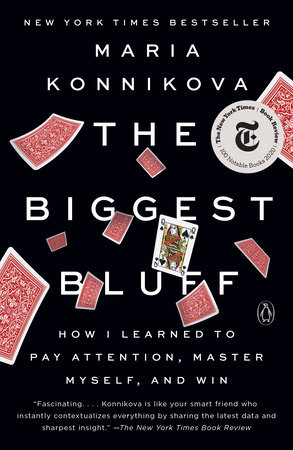Whenever we facilitate our ‘Happy Academic’ workshops, it’s always interesting what aspects resonate. Some participants get most excited by the most abstract: recognizing and handling academic work as extreme knowledge work. For others, it’s about opening space to hear and share vulnerabilities and fears about themselves and their work: To be seen. For others still, it’s about tools for managing priorities or email. No group is ever the same.
It’s endlessly curious to us how different people view the learning zones of academic work differently. For many, learning over their academic career remains confined. Methods, substantive knowledge, writing grants, rules around finance and HR. This is what is to be learned: this is what I need to learn. These perspectives, in our experience, are evident at every career stage—from people doing graduate study to those in senior administration.
For others, their learning zone is liberated. It arches widely across the horizons of themselves and their work. I want to learn how to handle my own ego better. I want to write better not only for grants, but also in emails, tweets, reference letters, thank you notes, and grant reviews. I want to be a better supervisor and a better contributor to meetings. To manage my own paralysing uncertainty better. To improve those aspects of my work and myself that I have always run away from.
This month’s remarkable resource may seem like a fun summer read—a woman’s quest to go from total novice to professional poker player—but it overflows with transferable lessons you can use for life and work learning. This learning was not always easy, but, as with our lives, often the hardest lessons were the most important ones.
You always have choice.
While liberated learning can be tough, it is this broad and deep learning that holds greatest potential for realizing our fullest and most fulfilled selves in and through our academic work.

The Biggest Bluff by Maria Konnikova
In life and work: does your success depend on what happens to you or how you react? While the worlds of poker and academia may seem far removed, this month’s remarkable resource reminds us what can be achieved through learning.
Based on Maria Konnikova’s quest to go from knowing nothing about playing poker to be a competitive player on the world-stage in what remains very much “a man’s world”, the book overflows with insights into navigating self-defeating beliefs, taming ego, mitigating personal biases, managing risk well, and learning from every single step, every success, and every failure.
As with academic work, poker is game of the external and the internal world. Of fate and influence. Of ego and humility. Of dizzy success and heart-wrenching failure.
Key Messages
Control
Be crystal clear on what aspects you can control—don’t waste any energy on what you can’t. Poker is defined by uncertainty, luck, unpredictability, and a confined locus of your control. Don’t rail against elements you can’t control: focus on only what you can influence. Learn from everything, everyone, and every situation.
Perception
No bad beats. Poker players almost always lose when they view the hand they’ve been dealt negatively. Positive perceptions and emotions matter when you want to achieve success despite adversity and amidst uncertainty. Manage your emotions and approach carefully to keep positive especially when things are tough or adverse. The game is with yourself.
Learning
You can’t win all the time. Even the stars don’t. But you absolutely can learn from every single step and misstep. Reflect candidly and learn from every success and every failure. Your abilities will shine through in the end—but the margins can be hair’s breath fine.
Key Applications
What areas of work have you demonstrated the greatest ability in your past to learn in or around? Which aspects make you most want run a mile from learning about?
Reflecting on internal aspects of your learning—your ego, your perceptions, or own biases—how can you learn more around these aspects of yourself? It’s easier and tempting to focus on easy external learning. Dig deep!
What is the one new learning technique you will prioritize in the coming month to improve as a learner? Read a book, meditate, talk to a new person in your network.
Never arriving means you always keep learning.
